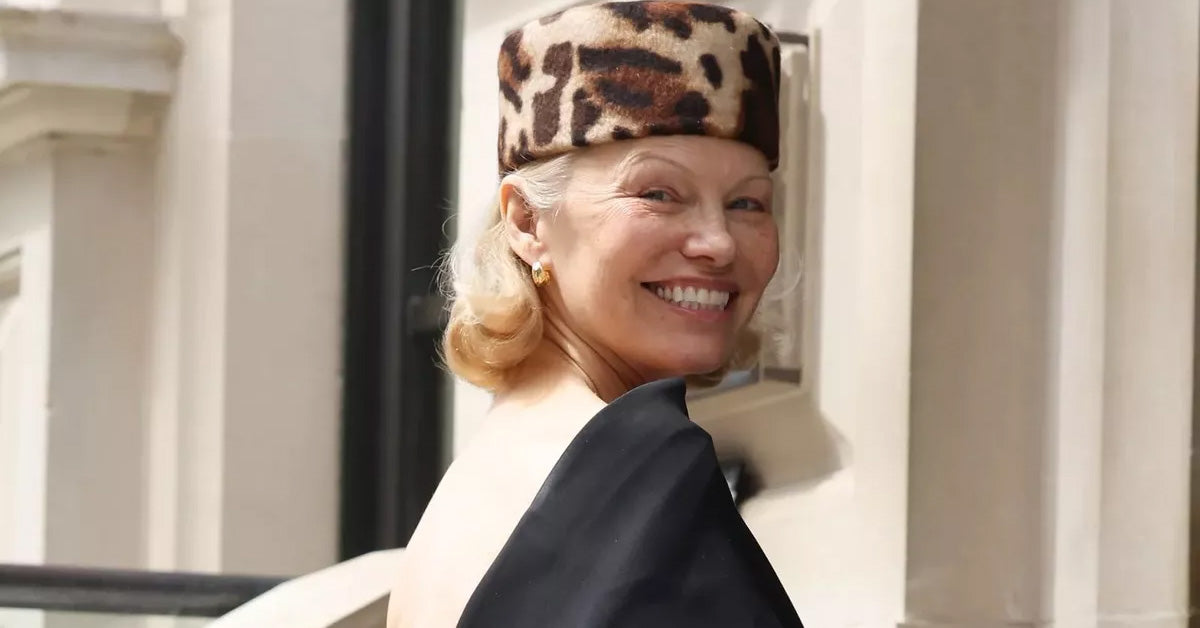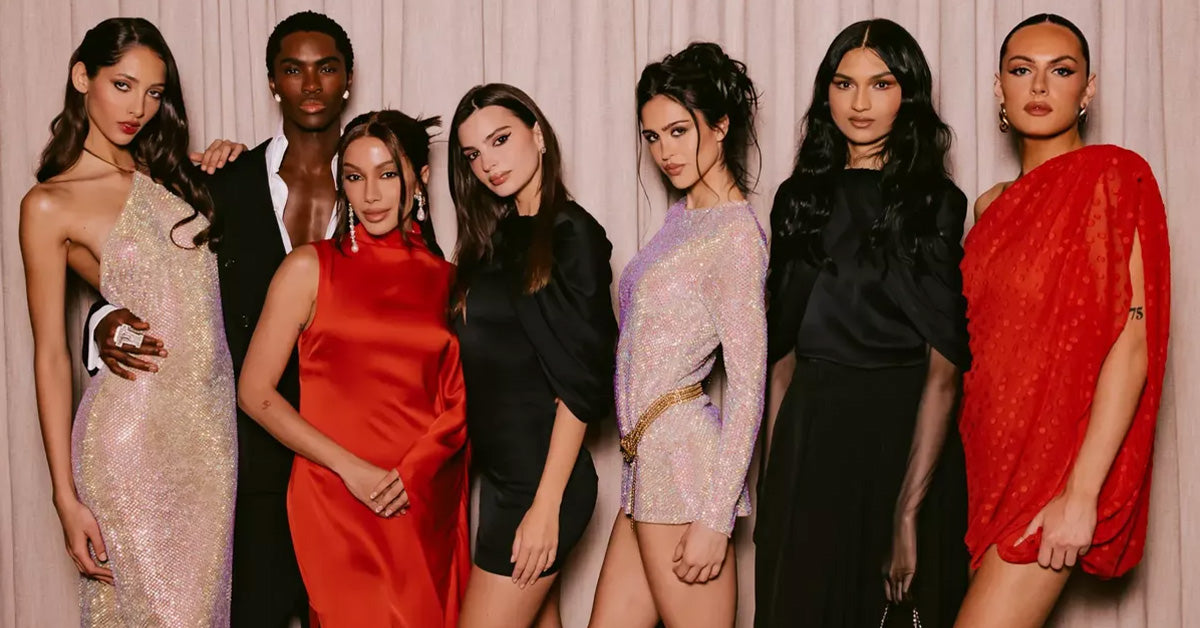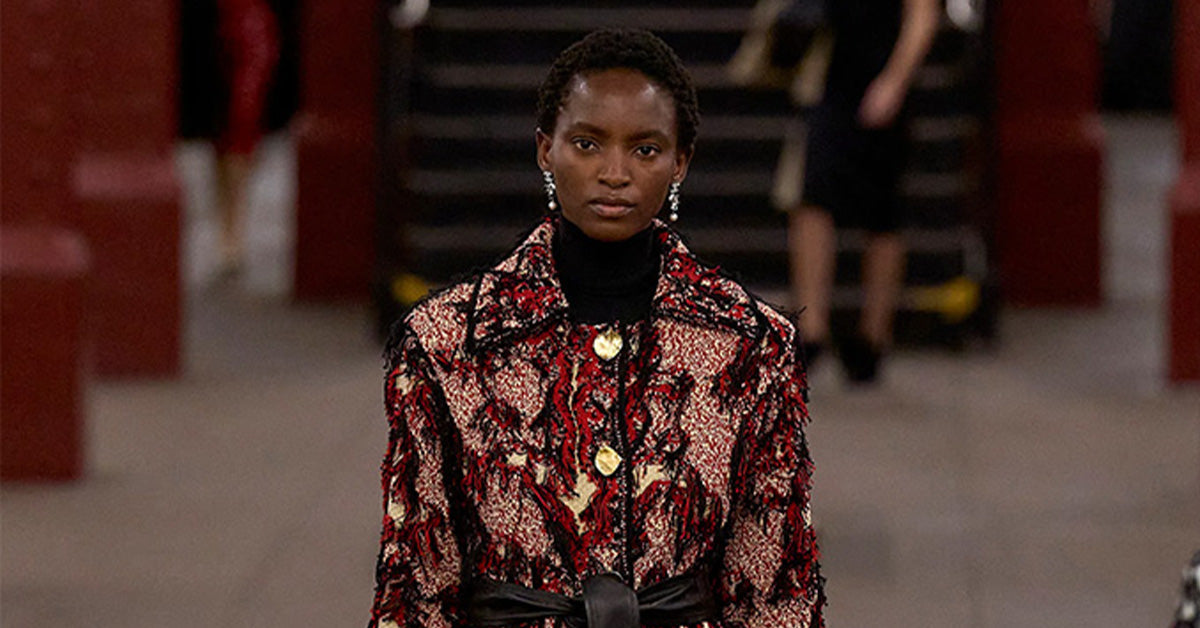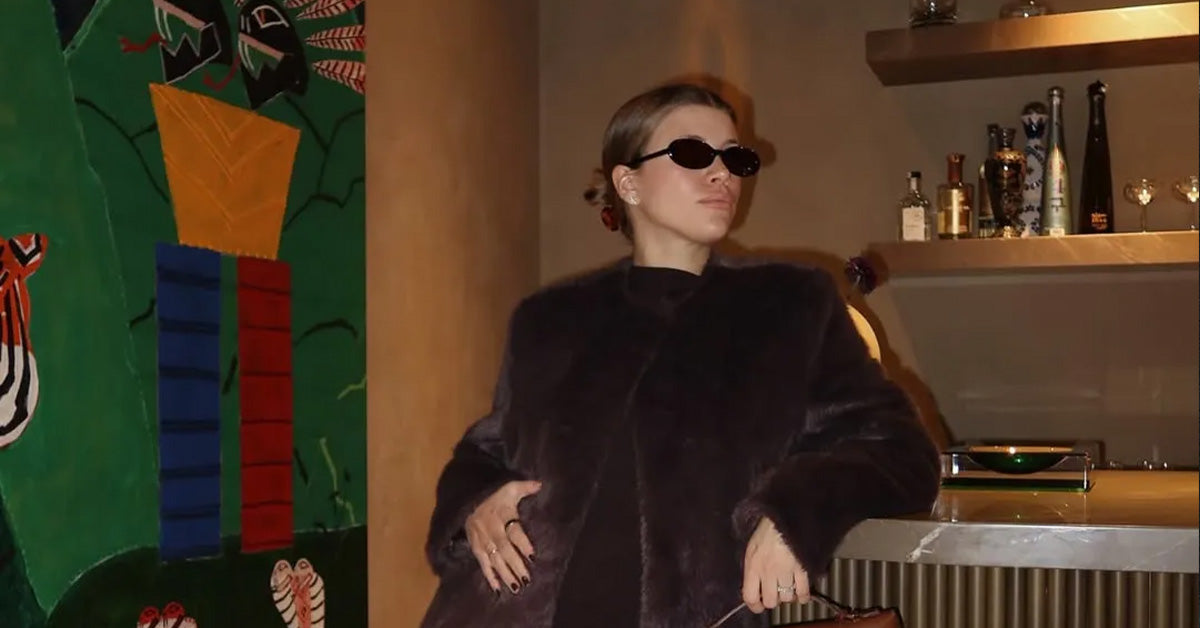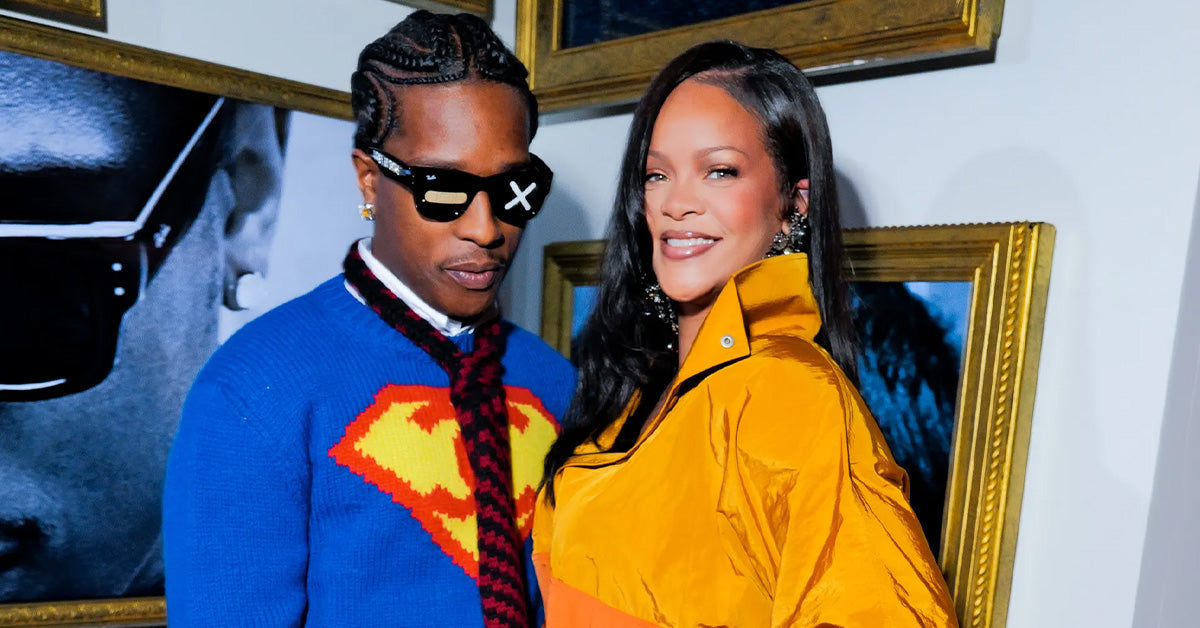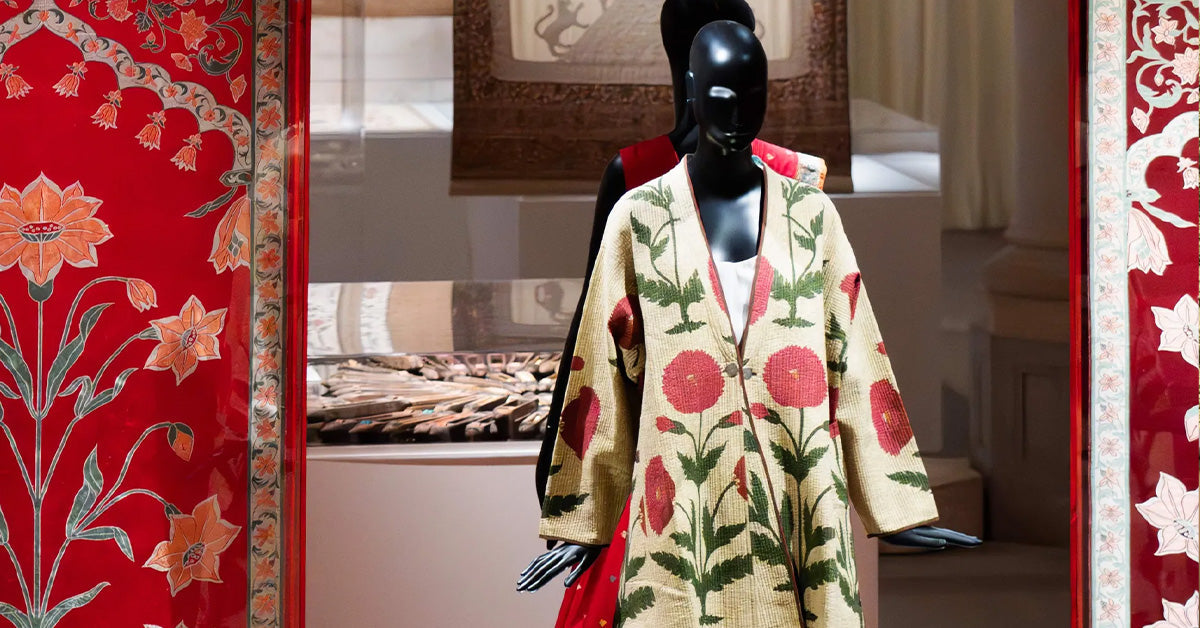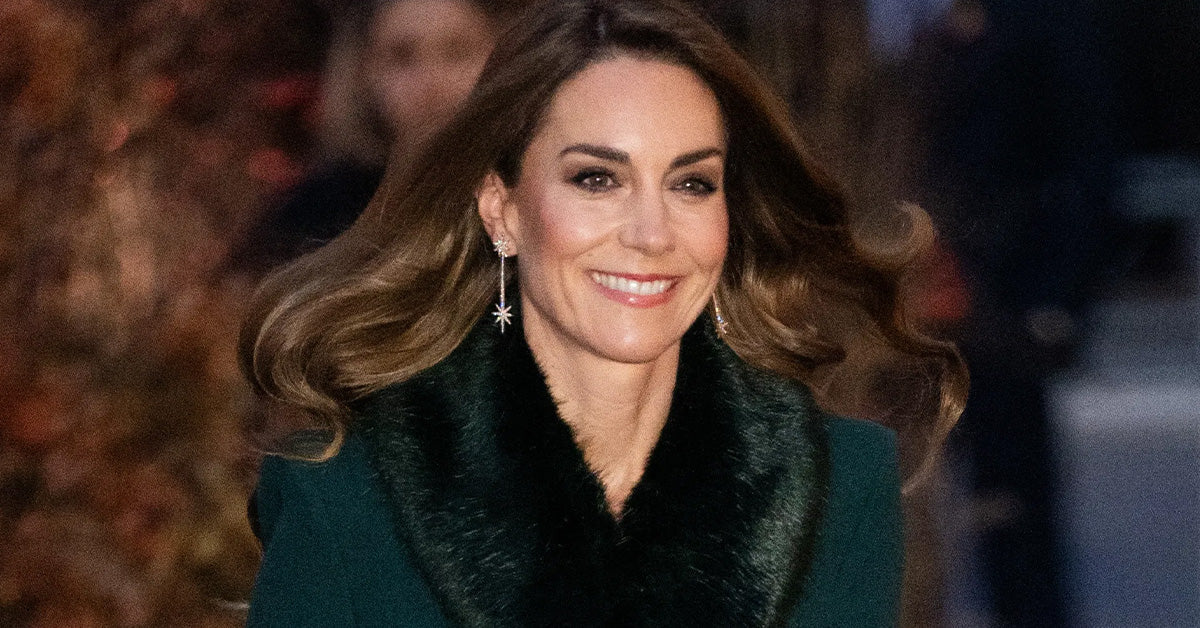Introduction to Fashion Consultants in Business
In the ever-evolving world of fashion, where trends shift like the seasons, professionals known as fashion consultants play a pivotal role in helping individuals and businesses navigate the complexities of style. But what exactly is a fashion consultant in the context of business? How do they contribute to the fashion industry, and what skills make them indispensable?
This article delves into the world of fashion consulting, providing a comprehensive understanding of their responsibilities, the value they bring to businesses, and why they are crucial for both personal and corporate success in fashion.
What Does a Fashion Consultant (Business) Do?
A fashion consultant in business is a professional who provides expert advice on clothing, accessories, and overall style for individuals, brands, or companies. Their ultimate goal is to enhance the client's image, align their wardrobe or product line with specific goals, and ensure that their brand or personal style is both fashionable and effective in its intended purpose.
Their work often includes the following:
- Advising clients on the latest trends and how to incorporate them into their wardrobe or product offerings.
- Helping businesses develop a cohesive brand identity through clothing and accessories.
- Providing personal styling services to executives or public figures to maintain a polished image.
- Offering guidance on product styling for photoshoots, advertisements, and fashion shows.
- Collaborating with designers, buyers, and marketing teams to create strategies that resonate with target audiences.
Skills Required to Be a Successful Fashion Consultant
Being a fashion consultant is more than just having a keen eye for style. It requires a blend of creative and business acumen. Below are the core skills a fashion consultant needs:
- Fashion knowledge: A deep understanding of fashion history, trends, textiles, and design principles.
- Interpersonal skills: The ability to communicate effectively and build strong relationships with clients.
- Analytical skills: Understanding market trends and consumer behavior to make informed recommendations.
- Creativity: Offering unique, tailored solutions that stand out in a competitive marketplace.
- Business savvy: Knowledge of branding, marketing, and sales to align fashion advice with corporate objectives.
- Attention to detail: Ensuring consistency and precision in styling and overall presentation.
Why Are Fashion Consultants Important to Businesses?
Fashion consultants bring immense value to businesses, especially those in industries where appearance and branding are paramount. Here’s why they are indispensable:
- Brand identity: They help businesses establish a unique and recognizable style that aligns with their mission and values.
- Market positioning: Consultants ensure that a brand’s offerings appeal to their target audience by staying ahead of trends and customer preferences.
- Enhanced professionalism: By refining the wardrobe of executives and employees, they project a polished and professional image.
- Increased profitability: A fashion consultant’s guidance can boost sales by ensuring products are styled and marketed effectively.
- Adaptability: They assist brands in adapting to changing market conditions, such as shifting consumer demands or global fashion trends.
How to Become a Fashion Consultant in Business
For those aspiring to enter the field of fashion consulting, the journey involves a combination of education, experience, and networking. Here’s a step-by-step guide:
- Education: While not always required, a degree in fashion design, merchandising, or marketing can provide a strong foundation.
- Experience: Gaining hands-on experience through internships, retail jobs, or working with stylists can help you build industry knowledge and connections.
- Specialization: Decide whether you want to focus on personal styling, corporate consulting, or product branding.
- Portfolio: Create a portfolio showcasing your styling expertise and successful projects.
- Networking: Build relationships within the fashion industry to find opportunities and grow your client base.
- Stay updated: Continuously follow fashion trends, attend industry events, and refine your skills to remain competitive.
Conclusion
A fashion consultant in business is a vital player in the fashion ecosystem, offering expertise that bridges the gap between creativity and commercial success. Whether helping individuals refine their personal style or guiding brands to create impactful collections, their influence is undeniable.
If you’re considering a career in fashion consulting or looking to hire one for your business, understanding their role and skills is the first step toward leveraging the power of fashion to make a lasting impression.
FAQs
-
Q1: What qualifications do I need to become a fashion consultant?
While formal education is not always required, a degree in fashion-related fields and hands-on experience can significantly boost your career prospects.
-
Q2: How much do fashion consultants charge?
Rates vary widely depending on experience, location, and the scope of work. Consultants may charge hourly rates, project fees, or retainers.
-
Q3: Can a fashion consultant help with personal styling?
Yes, many fashion consultants specialize in personal styling, helping individuals curate wardrobes that suit their lifestyle and goals.
-
Q4: What industries hire fashion consultants?
Fashion consultants work across various industries, including retail, entertainment, corporate sectors, and personal styling for high-profile individuals.
-
Q5: How do I find a reliable fashion consultant?
Research their portfolio, client reviews, and industry reputation to find a consultant who aligns with your needs and objectives.

